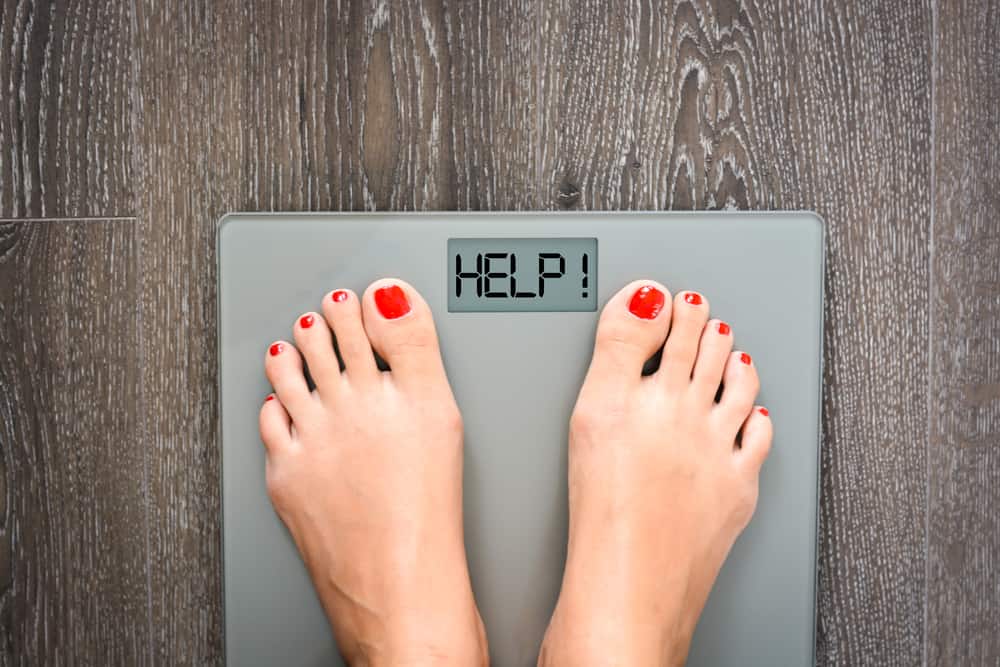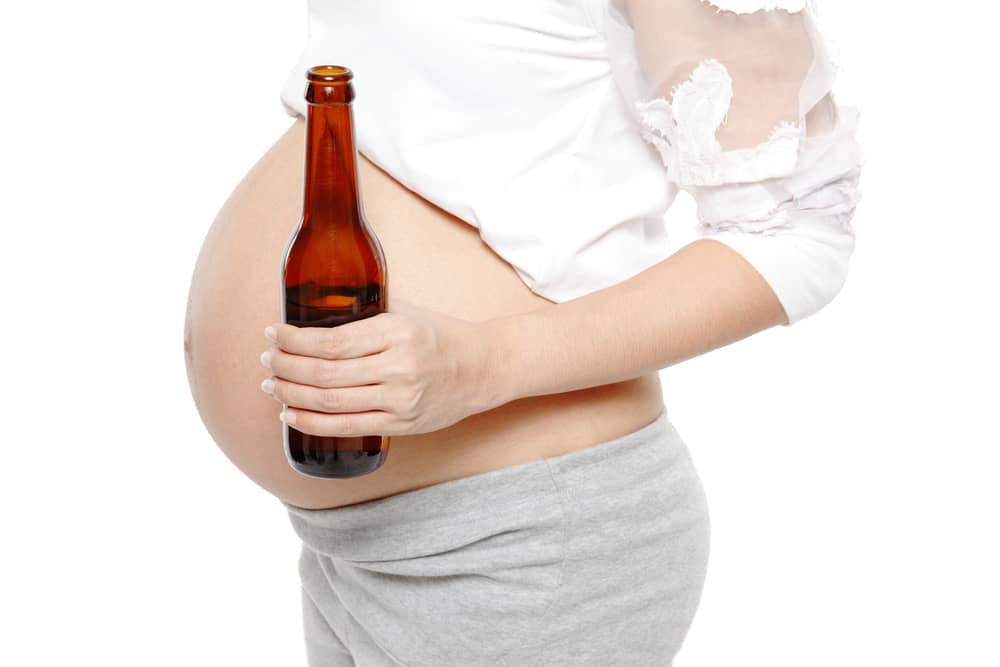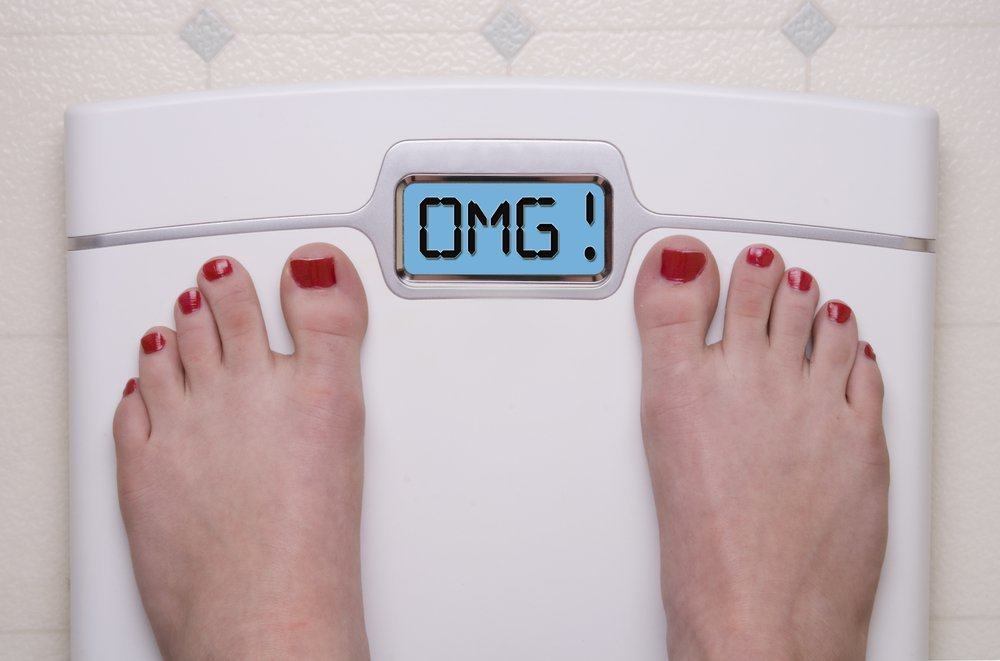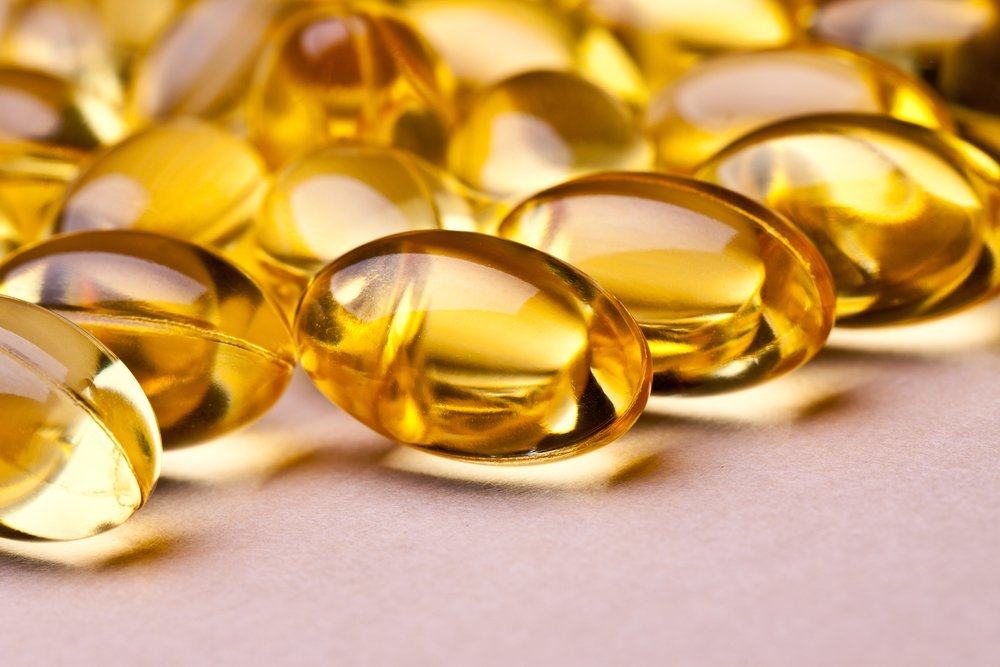Contents:
Medical Video: 5 Common Signs of High Cholesterol
It's natural to feel confused and tongue-tied at check-up with a doctor, especially if you have recently been diagnosed with high cholesterol. Preparing for a medical visit can help overcome a little anxiety and make you feel more in control of your health.
Here are some questions to ask your doctor about your high cholesterol. Print this page, mark each question you want to know the answer to, and bring this document with you at the next check-up schedule. The more knowledge you have about heart health and high cholesterol, the easier it will be for you to make important decisions about the medical care you need.
1. What is my cholesterol level? What do these numbers mean?
The results of your cholesterol test report will show your cholesterol level in milligrams per deciliter of blood (mg / dL). To determine how your cholesterol level affects the risk of heart disease, your doctor will also take into account other risk factors such as age, family history, smoking, and high blood pressure.
The higher your good cholesterol (HDL), about 60 mg / dL, the better. Low HDL numbers (less than 40 mg / dL) put you at a higher risk for heart disease.
2. What should be my cholesterol level? Should my cholesterol be better?
In general, the reference points for LDL "bad" cholesterol levels are below 100 mg / dL, and non-HDL cholesterol is below 130 mg / dL. The amount of LDL 100-129 mg / dL can be said as a tolerance threshold.
In addition, HDL must be above 40 mg / dL for men, and above 50 mg / dL for women. If it exceeds this amount, bad cholesterol can trigger various health problems - such as atheroma, heart disease, and stroke.
3. According to the doctor, what is the cause of my high cholesterol? And why do doctors suspect that?
High cholesterol comes from a variety of sources, including your family's cholesterol history and what you eat. Your body produces cholesterol, but you also get it when you eat food products high in saturated fats and trans fats such as eggs, liver, red meat, or seafood (shellfish, shrimp, lobster). Saturated fat and cholesterol come from animal food products. Trans fat is found in fried foods and packaged foods, such as cookies, crackers, and potato chips.
4. What are the main risks that I face due to high cholesterol levels?
If you have cholesterol levels that exceed your limits, cholesterol can cause plaque to collect and harden in your arteries. The plaque crust then can clog the heart arteries. Abnormal blood flow can cause strokes or heart attacks.
Apart from strokes and heart disease, high cholesterol levels can cause an imbalance of bile, which in turn leads to the formation of gallstones. According to the National Digestive Disease Information Clearinghouse, quoted from Healthline, more than 80 percent of gallstones are cholesterol stones.
High cholesterol levels can also cause jaw pain, bloody stools (indicating blocked blood flow to the large intestine), chest pain, and numbness in the legs or gangrene.
5. What symptoms of high cholesterol might I need to be aware of?
High cholesterol usually does not cause any symptoms. In most cases, cholesterol recurs only cause an emergency event. For example, a heart attack or stroke as a result of damage caused by high cholesterol.
Your doctor may advise you to check cholesterol more regularly if you have a family history of high cholesterol. Or, if you show the following risk factors: having high blood pressure, being overweight, or smoking.
6. Do I need medicine? What are the functions, risks, and side effects of this drug? Are there foods, medicines, vitamins, or other herbal supplements that can affect this cholesterol medication? How long should I take this medicine?
If your doctor has diagnosed you with high cholesterol, you will usually be prescribed drugs that can reduce cholesterol levels to the normal normal range. There are several drugs that may be prescribed for high cholesterol, such as statins (eg, lovastatin), fibric acid, bile acid binding resins (eg, colestipol), and cholesterol absorption inhibitors.
Each drug has advantages and disadvantages to your specific condition. The doctor will guide you further around the intricacies of the drug you are about to use.
7. Are there things I can do at home or in my life to reduce my cholesterol?
You may still need to take medication to control your cholesterol level. However, if you make some small changes in your life, you might be able to reduce the dose and possible side effects of the drug. These "alternative" therapies will be different for one person to another, but in general, controlling consumption of high-fat foods, losing weight, exercise, and quitting smoking can reduce your cholesterol.
Consult with your doctor for more detailed advice, such as how much weight you have to lose, what type of exercise you can do, and what diet plan is suitable for your condition.
8. How long does it take to reduce my cholesterol level?
The time needed to reduce high cholesterol levels depends on a number of factors, all of which vary for each person.
9. How often do I have to check my cholesterol?
Everyone aged 20 or over must check their cholesterol level at least once every 5 years. If your cholesterol level is high, you will have to be tested more often. Moreover, if you have diabetes, heart disease and kidney problems. You and your doctor must discuss how often you have to be tested.
READ ALSO:
- High Triglycerides, Not Harmful from Cholesterol
- 4 Mandatory Foods to Control Cholesterol in Blood
- 6 Tips for Self Motivation to Be More Diligent in Exercising











